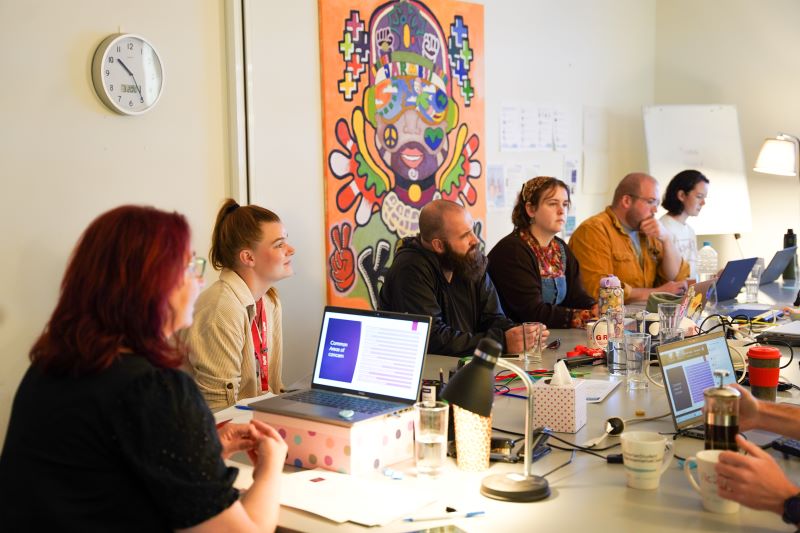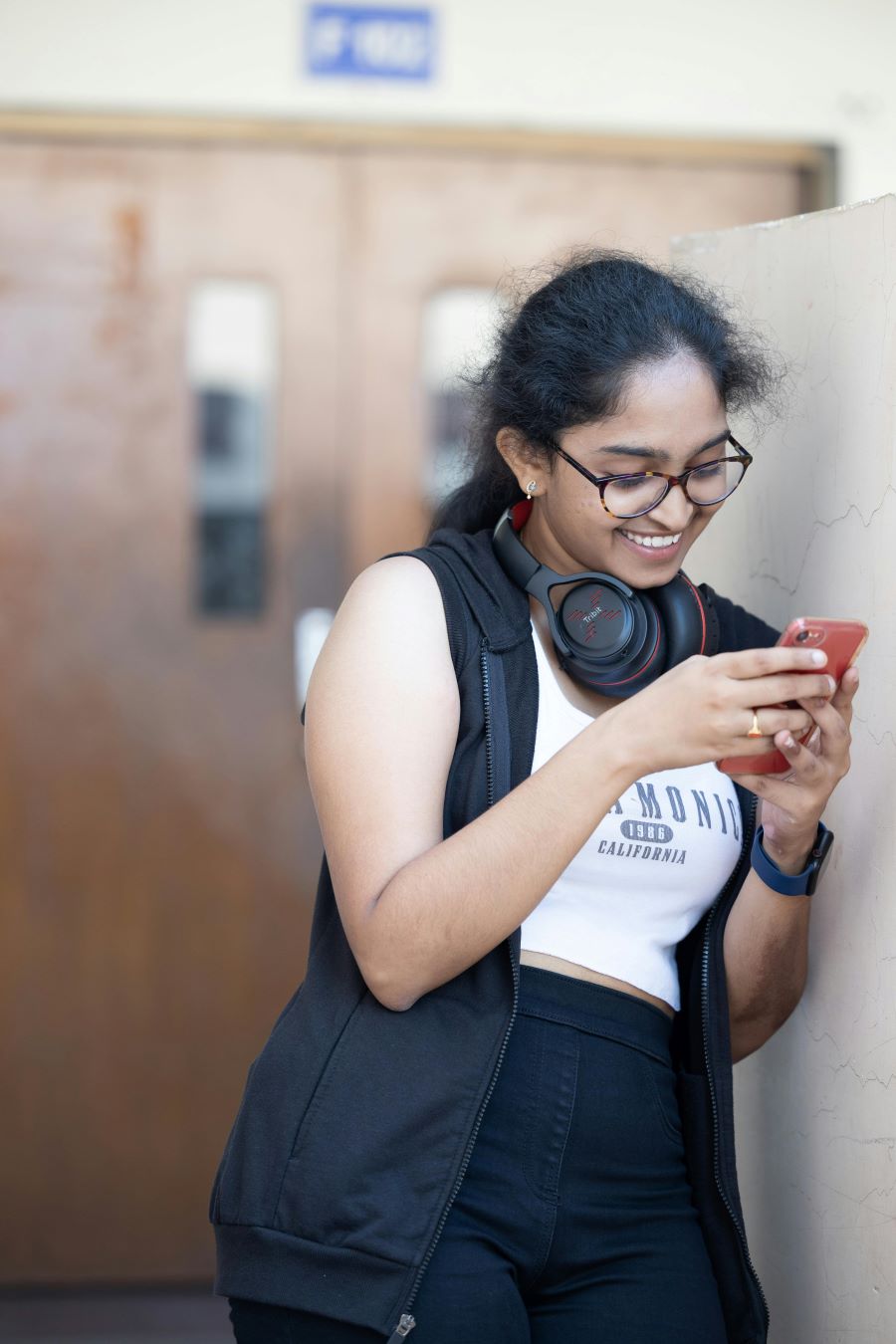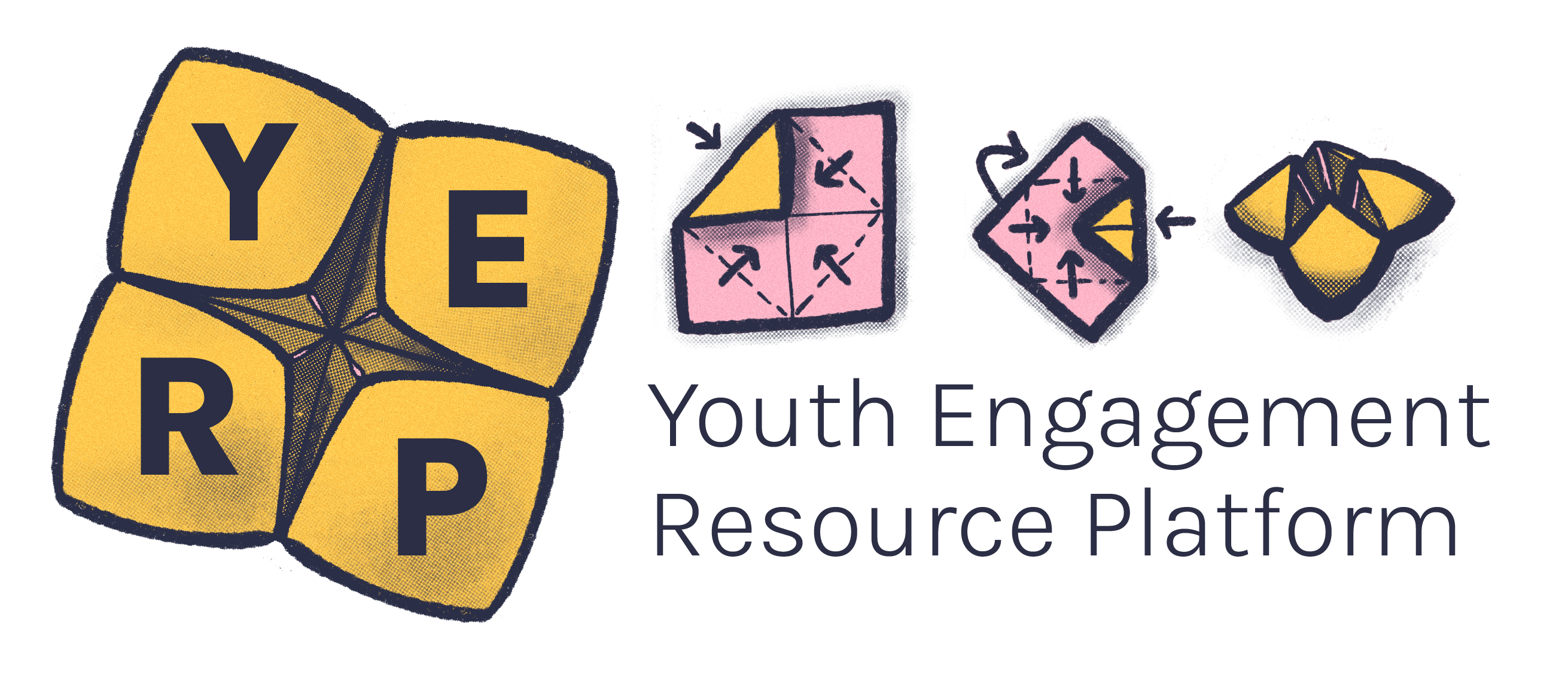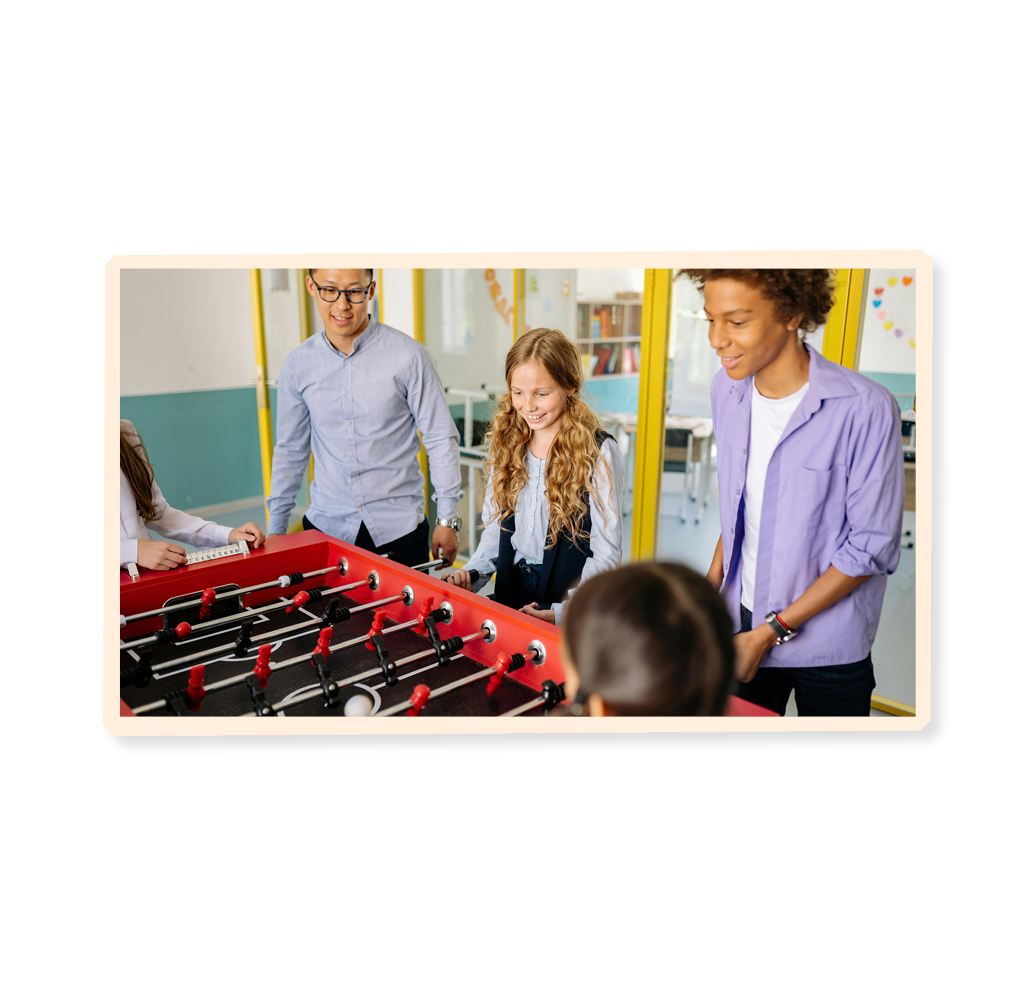The Victorian Child Safe Standards are a set of rules for organisations to follow that aim to keep children and young people (anyone under 18) safe and free from harm.1
There is also set of rules that apply to the whole country, called the National Child Safe Principles.
The Commission for Children and Young People oversee Child Safe Standards in Victoria.1 The Australian Human Rights Commission oversee the National Child Safe Principles.2
What is the key difference between the national and Victorian standards? Victoria requires organisations to establish a culturally safe environment in which the diverse and unique identities and experiences of Aboriginal children and young people are respected and valued (Child Safe Standard 1).3
Read on for more information about the national and Victorian child safe standards.
Child Safe Standards aim to:
- Keep you safe from harm and abuse
- Make sure adults know how to keep you safe
- Help you understand how you can let someone know if you feel unsafe
Child Safe Standards require organisations to put policies, procedures and processes in place to prevent and respond to harm and abuse.
The Standards apply to a range of organisations and include, schools, sporting clubs, hospitals, tutoring groups, mental health services, religious or faith services and youth services.
If you’re participating in an organisation with adults they should be following these standards to keep you safe. There’s a belief that adults are always looking out for you and treating you fairly, with respect and in a safe way – and while they should, sometimes they aren’t.
Learning about the Standards and the Code of Conduct for staff and volunteers at organisations where you spend time will help you to:
- know what’s appropriate,
- know how you should be treated,
- recognise when appropriate treatment is not happening, and then
- know how you can make a complaint.
To learn more, read CCYP's info sheet.
Two young people talking while standing in front of a brick wall.

- Make sure all the adults in the organisation, including staff and volunteers, are safe adults.
- Tell you how they keep you safe in different ways - such as in person, newsletter, and on their website.
- Create welcoming, inclusive environments where you’re listened to, valued and feel safe.
- Have child safe policies, Code of conduct and other child safe documents they share with you.
- Tell you how to raise concerns and complaints on any topic and who to talk to if you feel unsafe.
If you feel unsafe and tell someone in an organisation, they must take your concerns seriously and do something to help you.
YACVic and YDAS staff leading Child Safe Training in the office boardroom.

You can expect youth workers to:
- Offer you a culturally safe environment, where your identities and experiences are respected and valued.
- Empower you, take you seriously and encourage you to participate in decisions that affect you.
- Work with you, your family and your community so that everyone is looking out for your safety and wellbeing.
- Uphold principles of equality and equity.
- Support you in making complaints and show you how to do them.
- Keep you safe in in-person and online environments.
For example, youth workers should ensure:
- your access needs are met
- you are supported to use your correct pronouns
- you don’t encounter racism.
All of these examples fall under the Standards however they can often be overlooked.
If you feel like your needs aren’t being met, you should tell a trusted adult.
You may have noticed that many organisations, services, programs and even education platforms have moved online following the COVID-19 pandemic.
This is great for a number of reasons, but you should still be kept safe in online environments.2
Children have the right to get information from the Internet, radio, television, newspapers, books and other sources. Adults should make sure the information they are getting is not harmful. Governments should encourage the media to share information from lots of different sources, in languages that all children can understand.
What are the child safety risks online?
You have the right to be online as a young person, but there area number of risks to your safety to be aware of. The Child Safe Standards require organisations to keep you safe in online environments.
Some of the risks include:
- increased opportunities for unwanted or unsupervised contact with people
- opportunities for When someone tries to build trusting relationships with children and young people or families with the aim of child sexual abuse.grooming
- Bullying with the use of digital technologies.cyberbullying and abuse such as When someone posts or comments online to deliberately upset others.trolling
- seeing inappropriate, illegal or explicit content or imagery
- image based abuse
- access to content that is not age-appropriate
- your private information being shared without your consent
- scams.4
If you’re working, learning or engaging in programs online, it’s important to know how the people you work with are keeping you safe.
You can:
- Ask about their online safety and what they are doing to protect you.
- Ask how you can report situations that made you feel unsafe and where to find this information.4
Check out the eSafety Commission's website for more information, specifically for young people.
Portrait of teenager smiling at her phone, standing in a library corridor.

If you’re worried about your immediate safety, or a friend’s safety because of something happening right now, you should call the police on 000.
It’s okay to tell someone, and you have the right to:
- be safe and feel safe
- say how you feel and be heard
- tell someone you’re uncomfortable.
If you’re concerned or unhappy about something that happened in the past that made you feel uncomfortable or unsafe, you should talk about it to someone you trust. For example, this could be a parent, sibling, other relative, teacher or youth worker.
If the person at the organisation doesn’t help you, contact CCYP to raise any concerns or queries about a staff member, volunteer or organisation via the following:
- Phone - 1300 728 978 (free call)
- Email - contact@ccyp.vic.gov.au
- Website - ccyp.vic.gov.au
- Department of Families, Fairness and Housing. (2022). Child Safe Standards. https://providers.dffh.vic.gov.au/child-safe-standards
- Australian Human Rights Commission. (2023). About the National Principles. https://childsafe.humanrights.gov.au/national-principles/about-national-principles
- Victorian Government. (28 April 2023). Victorian Government Responses to the Royal Commission into Institutionalised Child Abuse. https://www.vic.gov.au/victorian-government-response-royal-commission-institutional-responses-child-sexual-abuse
- Commission for Children and Young People. (2020). Keeping children and young people safe online during the COVID-19 pandemic. https://ccyp.vic.gov.au/news/online-safety-covid-19/





